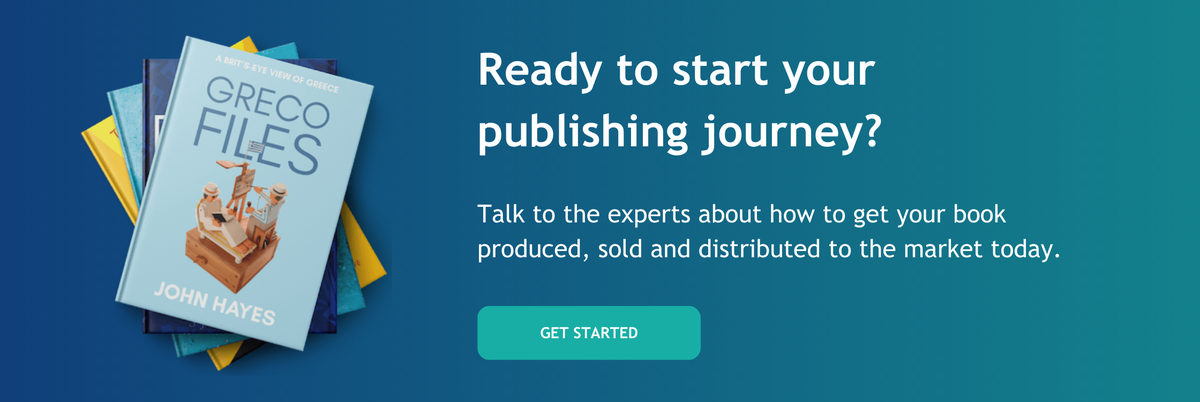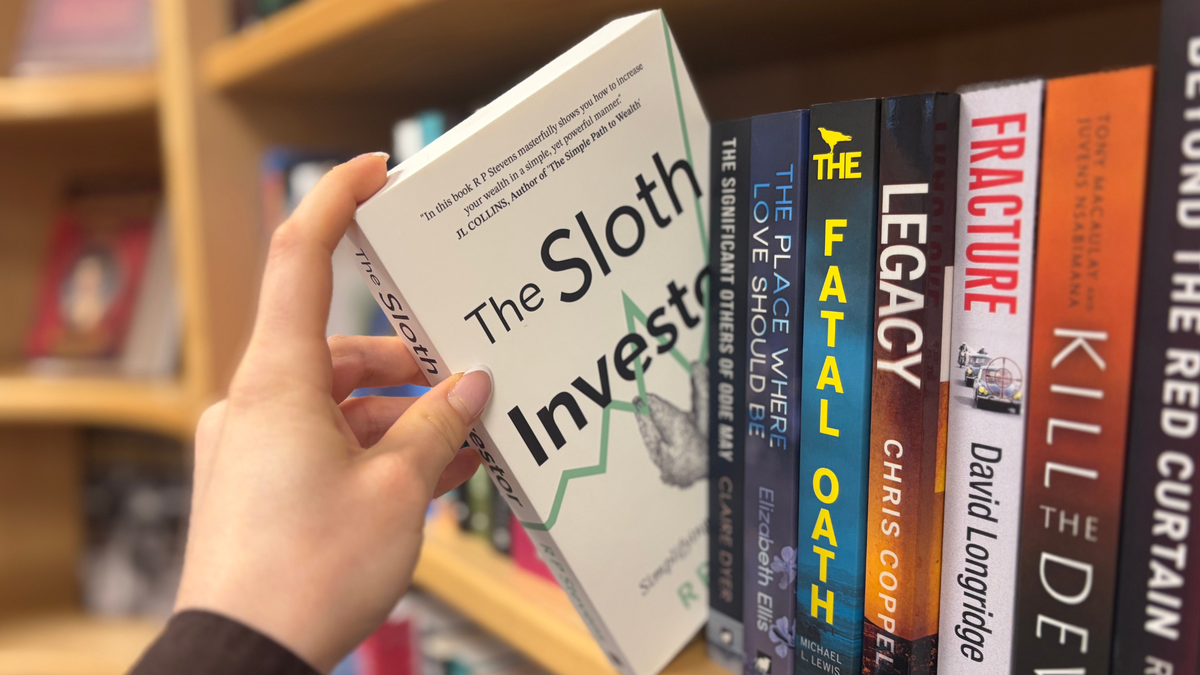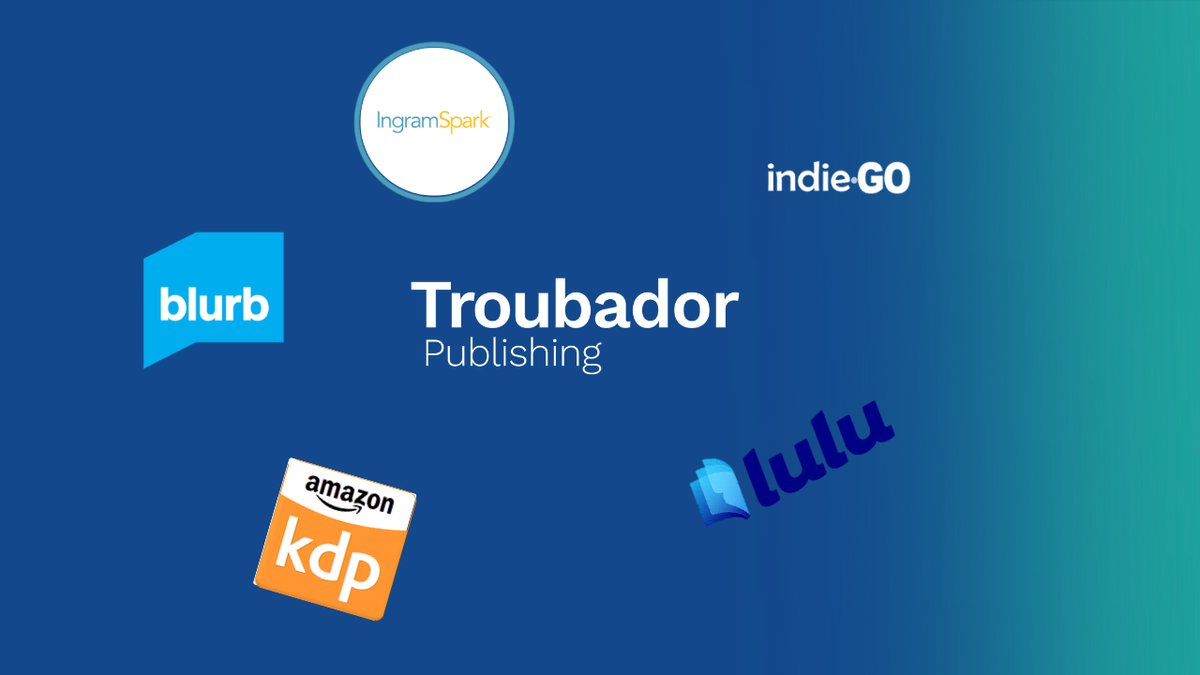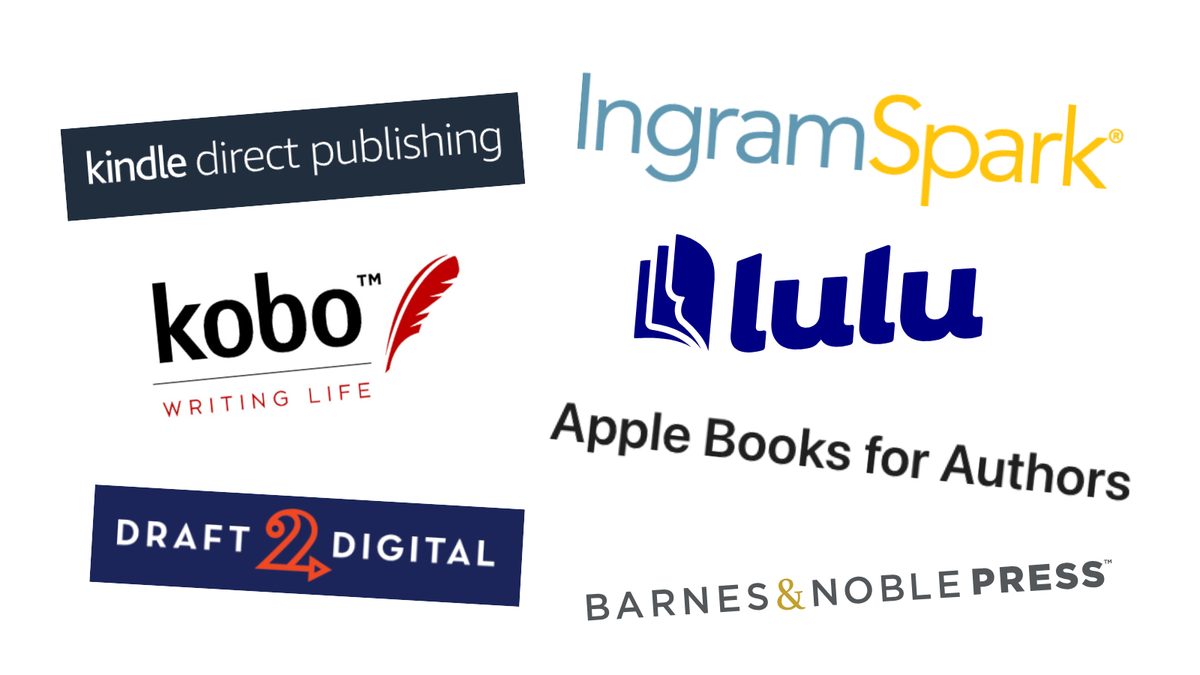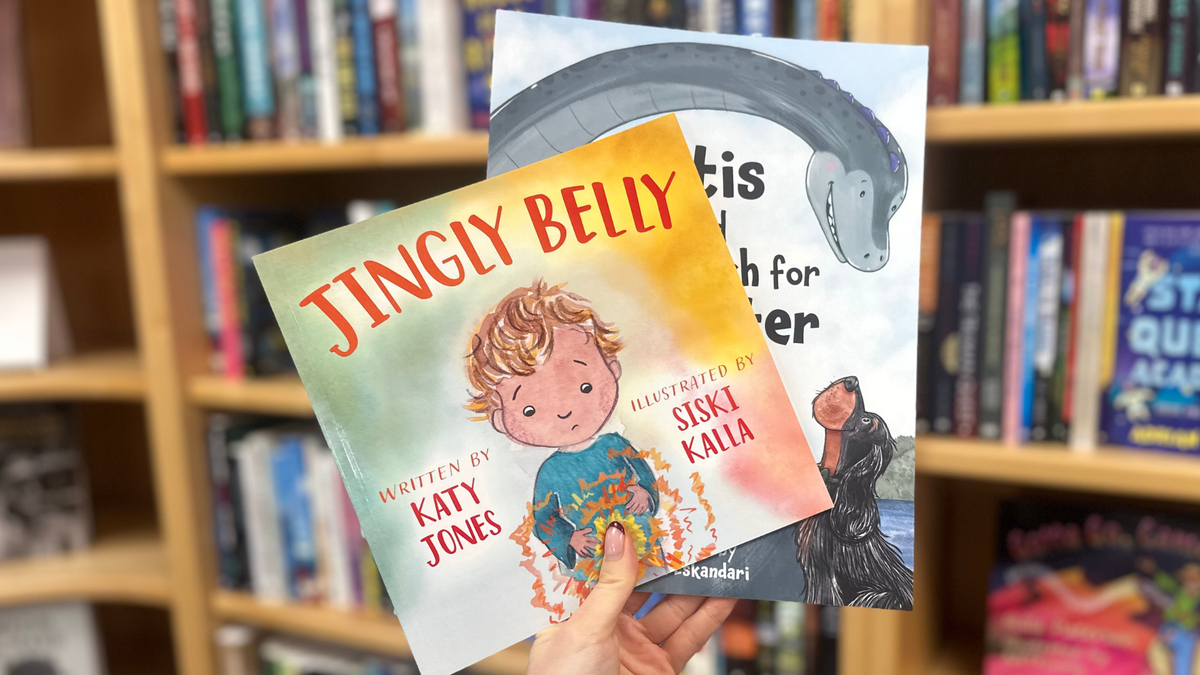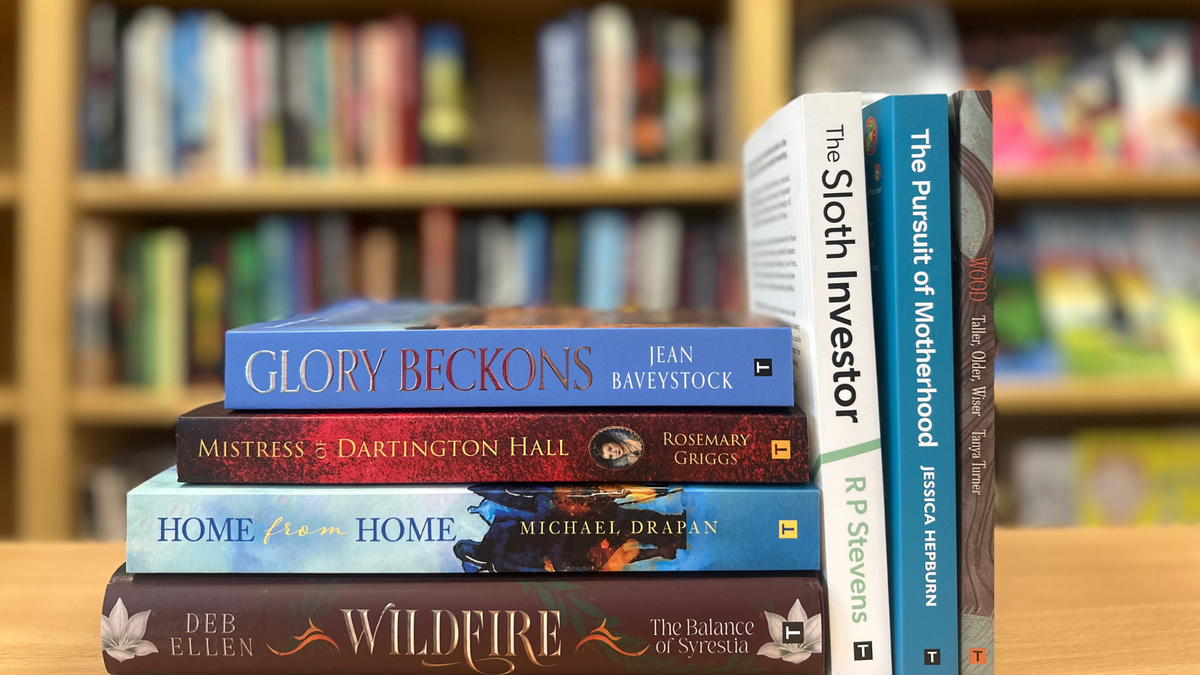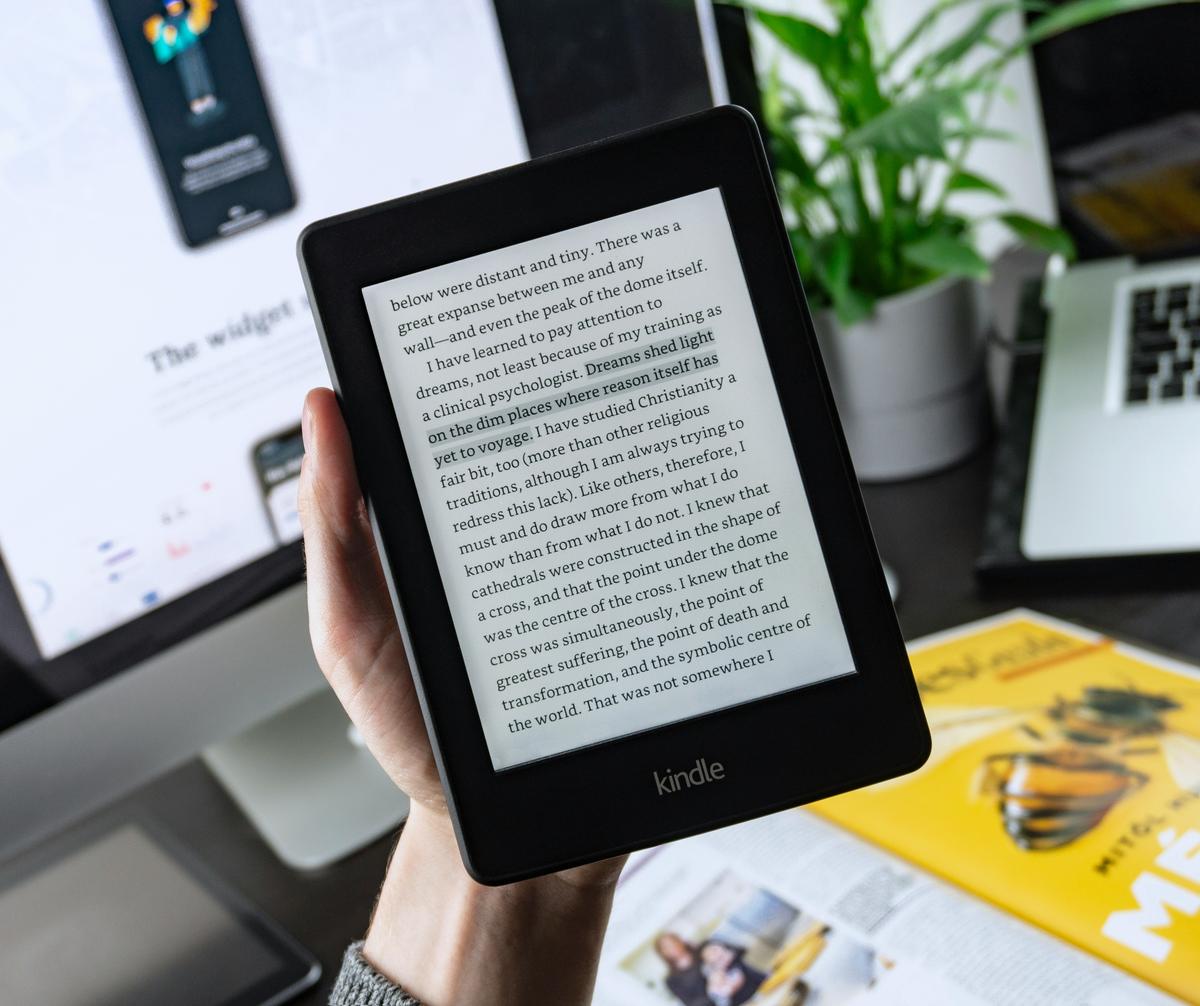
30th April, 2019
9 min read
Using a Pen Name
Written by:
Jane Rowland
Pen names, or noms de plume, are frequently used by authors. But are they a good idea? This blog looks at the reasons why an indie author might choose to consider using a pen name and suggests why, in some cases, noms de plume can be a bad idea. Unless there is a really compelling reason why a pen name should be used, then I am a fan of sticking with your own name. However, after working with indie writers over the years, it seems that taking a pen name is something many consider. So what is it about a pen name that is so attractive? The primary reasons authors give for using a pen name are:
- Privacy: To separate their writing life from their non-writing life.
- Author brand: Separating out their author brands (especially if writing in different genres).
- Gender or Diversity: To appeal to a different demographic (such as taking a more feminine name for romance novels).
- Differentiation: If there is already an established author with the same name, taking a different name is often a wise decision.
- Mystery: To create a sense of mystery around the author or book. Let’s look at the pros and cons of all of these in more depth.
Using a Pen Name for Privacy
The primary reason many self-publishing authors opt to use a pen name is for privacy. They are writing something that might be contentious or simply don't want the publicity associated with 'being an author'. This can be understandable – for example, if you write erotica then you might well prefer to remain anonymous and separate your writing persona from your day job. Similarly, if you are well known locally or are in the public sphere (teacher, doctor, etc.) and wish to enjoy writing and publishing, it might not feel appropriate to use your real identity. Again, this could be a good reason to take a pen name. If using a pen name for the above reasons, then there are two main issues to be aware of:
- Just by having a pen name, your privacy is not guaranteed. By publishing a book you are putting work in the public domain. In the digital world, with information only a click away, pen names are not a guarantee of anonymity.
- If you want any publicity to boost sales, this is harder to achieve when using a pen name. We look at this below under the section: Marketing – The Pros and Cons of Having a Pen Name in more depth. As a former book publicist, my spirits always sank a little when an author chose to publish using a pen name but still wanted media coverage. It is harder to get media coverage when you are treading the thin line between publicity and privacy. There are other times, however, when an author might consider using a pen name to deliberately obscure their identity – especially if writing about biographical events that might implicate them or others or to tell amusing tales from their career (such as medical confessions, stories from an undertaker or teacher, etc.). Be aware, however, that you can't get around libel laws simply by using a pen name – and anyone who can be identified by what you have written, and feels that it reflects badly on them, can still challenge you legally. (There is a handy overview of libel for authors here - but always take legal advice if you are unsure. Always get your manuscript checked if this is the reason you are looking to publish under a nom de plume and do not rely on a pen name to cover you).
Using a Pen Name for Author Brand Purposes
For me, the most compelling reason to use a pen name would be to protect your author brand... maybe you are an established writer in one genre and you are now writing in a completely different area - your readers are unlikely to cross over and you are protecting your hard-won brand in the original genre by taking on a new writing persona. This is often true for non-fiction and academic writers who use their academic and professional qualifications to support their non-fiction writing, but this is perhaps more of a distraction if they change the genre they write in. A commercial example would be J.K. Rowling – with her Robert Galbraith pen name – which set her adult crime books aside from the phenomenon of Harry Potter. Even though most readers now know that these are one and the same person, at the time she and her publisher believed that adult crime fans would be easier to woo if she was not writing as the author of the Harry Potter series. For most indie authors looking to self-publish, however, this won't be a consideration, and the benefit of using an author name should be carefully weighed against the cons, discussed later, around the marketing and administration of a pen name.
Using a Pen Name for Gender and Diversity purposes
I know plenty of self-publishing authors who have picked a different name to use as their author name because they feel that their given name will hinder them in the genre in which they wish to write. As an example, sometimes the perception is that the readership would prefer (and therefore are more likely to buy) romantic novels written by women, so men might use a more feminine-sounding pen name. I have not located reliable data for self-published authors on the reality of these assumptions in the romance genre (although stats from the US from 2021 indicate that 82% of romance readers are female and 83% of romance books were written by female authors, but I hypothesize that in reality, solid marketing and a lot of work around the discoverability of the book are more of a factor in reaching readers than simply the gender of the author.
However, research has shown that there are differences in gender between how writers believe they are perceived – by other writers and in publishing more generally, and there is an interesting overview of this topic here. Authors from diverse backgrounds may consider using a pen name to overcome perceived biases and discrimination in the publishing industry or wider society. My gut feeling here is that if you are self-publishing, rather than seeking a mainstream deal and pitching to agents and publishers, then you are seeking to build and connect directly with an audience, and doing that as yourself will ultimately lead to stronger sales and the foundations of a fanbase in your readership. Using a pen name in any of the above circumstances is to be approached sensitively and cautiously, so I encourage you to think through the consequences from the start.
For example, If you are male writing as female, or vice versa, will you address this in your author biography, on your social media accounts, and how will this work at in-person events? The reality is that most authors, mainstream or self-published, have to work really hard at their own book marketing – alongside any marketing carried out by the publisher or publishing provider. Just being a writer is not enough – you will also need to be a publicist. Are you marketing your book as you or as the pen name? It's worth giving this enough consideration upfront before committing to a pen name. Sometimes, using your initials and surname rather than your full given name is a good workaround!
Using a Pen Name for Differentiation
If you happen to share the name of an already well-known and published author, then you might well need to change your author name, even if you don't want to use a pen name. This avoids confusion and allows you to build your own readership, rather than inadvertently passing yourself off as another author. This may also be true if you have a very common name. I suggest you do some research online before deciding on what name to use as your author name. Again, adding in your initials might well solve the problem of differentiating yourself in such cases. Remember, you want to build your own readership and discoverability, so do this from the start with your own name. Passing yourself off as an already published author is not a good idea, even if you happen to share the same name. Be wary of picking trademarks or protected names – research your chosen name online to make sure you are okay to use it.
Using a Pen Name to Add Mystery
And so this brings us to the final reason people have cited as a reason to use a pen name. And the worst possible one, in my experience! I've had conversations with authors who think that picking an odd or funny name will lead to increased intrigue and that people will want to find out more. I have never known of a case where this had the desired result. I suspect you would need a large marketing budget and a very careful marketing plan to build a campaign around the pen name, and the reasons for it, to get anyone to buy into the book for that reason, and most self-publishing authors just won’t have the leverage to make this work. Unless there is a very clear and obvious reason why you have picked an unusual or wacky pen name, and this can tie in with all the marketing you are planning, then it might be best to consider other avenues to get your book noticed.
Marketing – The pros and cons of having a pen name
From a marketing viewpoint, giving yourself a pen name can bring all kinds of complications you don't necessarily foresee at the start of your writing career. Here is our checklist to help you decide if a pen name is for you:
- Separation: what kind of separation will you have between your pen name and your actual name? It's okay to say 'Melanie Dujardin writes as M.D Garden' in your book and biography if you are happy for your pen and actual names to be associated on metadata, in the book and on websites. But it might be that you really don't want your real name associated with the title at all – in which case, you will need to think about how you will tackle the points below.
- Social media profiles: are you setting these up in your pen name as well as your given name? This can double the time you spend on social marketing activity if you post for yourself and your pen name on different social media accounts!
- Email: will you have a website and email in your pen name or will you use your own? This gets more complicated when dealing with bookshops and the media if you wish to keep your names separate.
- Linking books: if you have books published under different author names, these won't be automatically be linked by author on metadata systems and digital platforms, so readers who have enjoyed your writing and naturally want to read more of your work won't make that link between you and anything published under your pen name.
- Media coverage: if you are serious about media coverage, then the press is primarily interested in people and stories. Getting coverage is easier when you can approach them as yourself. Similarly, if you are using a nom de plume because you want to stay anonymous, you'll find it harder to get editorial coverage of your book, because you've limited the story that can be told about you. Straight book review coverage for debut authors is highly competitive, and marketing nowadays is a blend of reviews and editorial – such as interviews and features, radio and digital marketing, to get the message out – so if you can avoid doing anything that impedes this marketing mix, we strongly recommend it.
- Author events: if you are using a pen name to present yourself with a different gender, etc. because you believe that will help you appeal to different readerships, this can get tricky when you want to do events, signings and also with media coverage (when the first thing you'll be asked for is an author photo to run alongside a piece!). So be aware that that could happen, and know how you want to deal with it when it does.
- Marketing a book is hard enough, so if there is not an excellent reason why you are using a pen name, it's worth giving very careful consideration to either the need or the practicality of using one before deciding on that course. Finally, if using a pen name, do keep an eye on the legal technicalities. Most publishers/publishing services would want to have any contract signed in your given name, not your pen name (though they can reference the pen names in contracts). Check how royalties might be paid too (cheques made out to your nom de plume are not ideal!). And while copyright can be attributed to pen names in the UK (it's all about when the work was written rather than the author's name per se), it's best to understand the basics of copyright.
Whether you have a pen name or not, learn more about publishing with us by getting started today.

